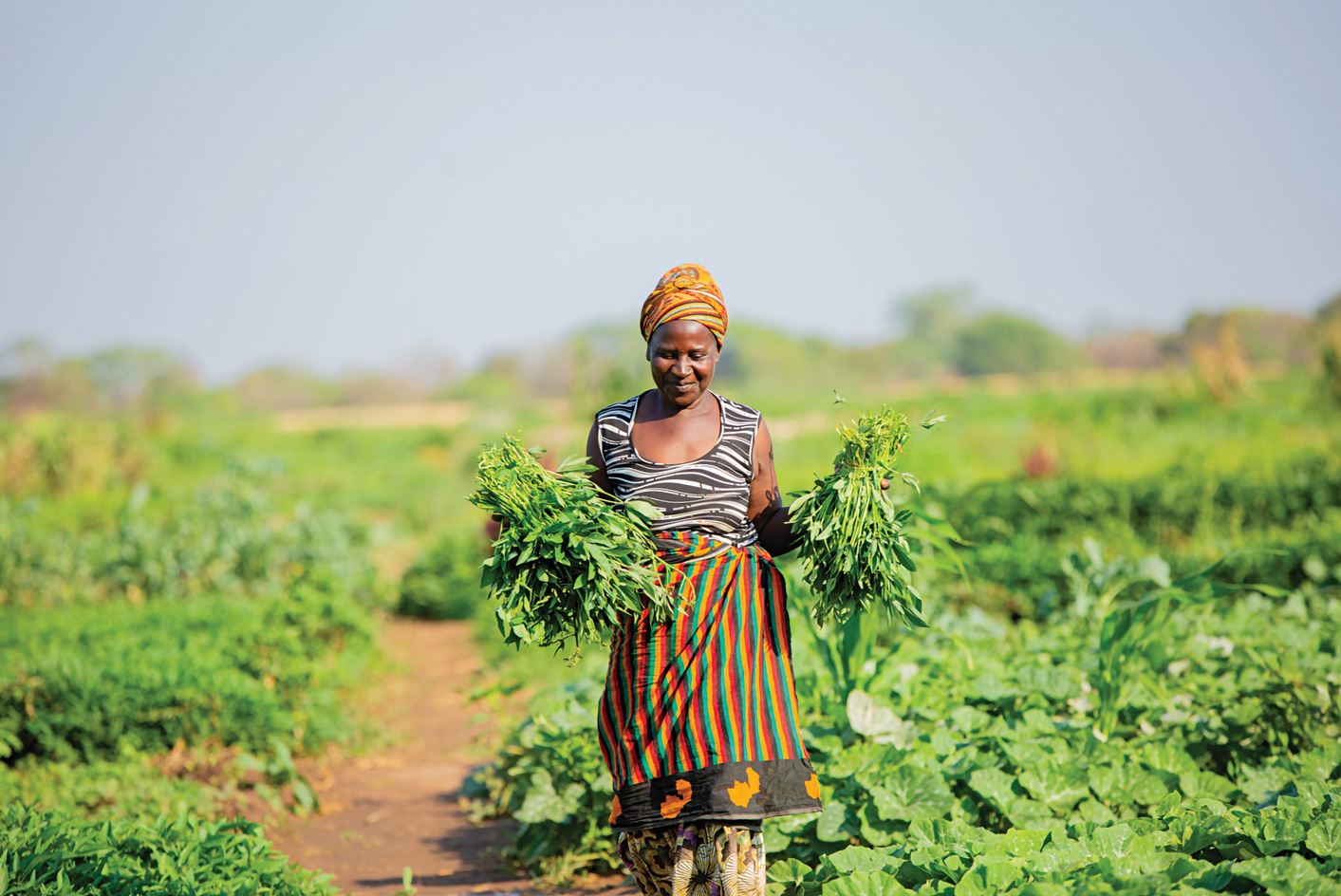ACIAR and IDRC have recently launched the Food Loss Research Program with projects in the Pacific region, South-East Asia and Africa.
While global estimates suggest that 30% of food is lost in the supply chain, this can be as high as 80% in developing countries.
One of the first projects as part of this program will investigate ways to prevent losses in horticultural produce value chains in the Pacific region. The Scientific Research Organisation of Samoa will lead this research.
Project leader Dr Seeseei Molimau-Samasoni, manager for the Plants and Postharvest Technologies Division in the Scientific Research Organisation of Samoa, said that getting the fresh food system operating efficiently is critically important to address non-communicable diseases in the region.
Previous research has estimated that smallholder farmers in the Pacific region can experience food losses of 5% to 20% of their total production.
‘Lost productivity also disincentivises farmers from participating in commercial value chains, has adverse gender impacts in terms of women market vendor economic loss, and increases the region’s reliance on imported produce,’ said Dr Molimau-Samasoni.
‘Food loss means income loss for farmers, and nutrition loss for consumers.’
As such, addressing food loss in the region could improve monetary returns for farmers, as well as food availability and affordability for consumers.
Ms Irene Kernot, ACIAR research program manager, Horticulture, said food loss can occur at any point in the value chain.
‘Losses can be caused by pests and disease, drought, or poor post-harvest management. But in some local markets in the Pacific, losses are minimal,’ said Ms Kernot. ‘In short chains, growers may harvest for that day’s market, just taking what they know they will sell. And once they’ve sold out, they’ll pack up and head home.
‘Perversely, this might impact food availability and price, reducing the availability of healthy fresh vegetables with follow-on impacts for nutrition. Most of us do not eat enough fresh fruit and vegetables, and that is a real problem in terms of human health.’
Ms Kernot said being aware of possible interventions to address food loss fits in well with the project’s foresight component, included as a part of the joint program. This will explore what in-country partners believe their future food system could look like.
Other projects in the Food Loss Research Program will look at mango and tomato value chains in Sri Lanka and Pakistan, and catfish production in Vietnam and Laos. Food loss affecting vulnerable urban communities in Zambia and Malawi will also be investigated.



